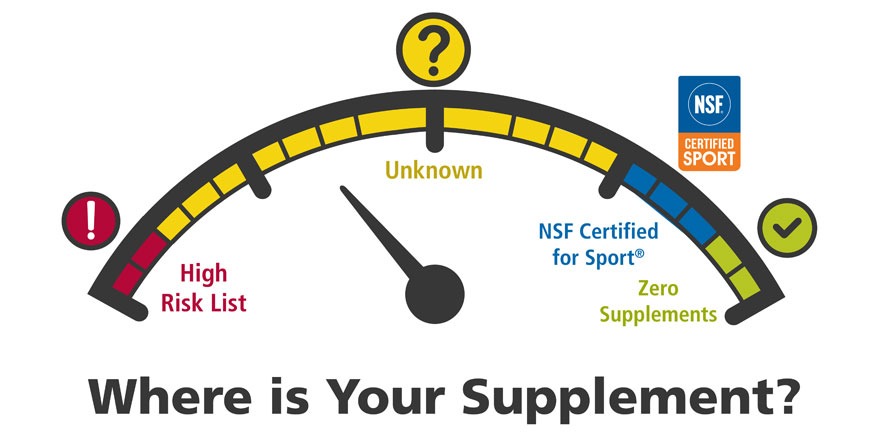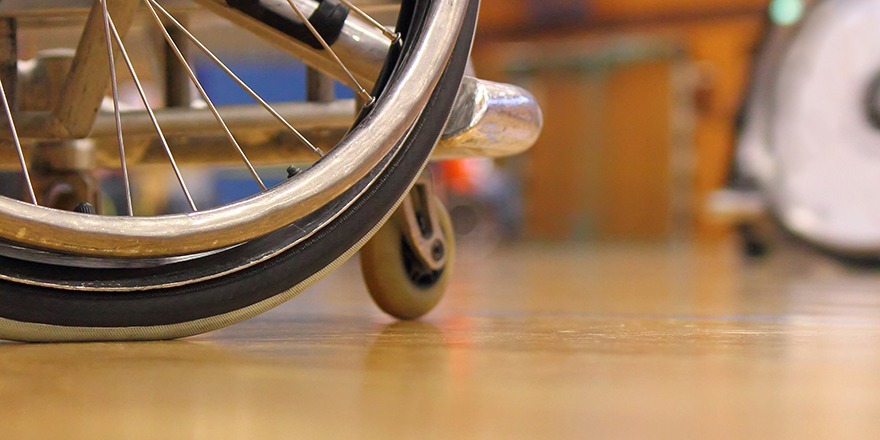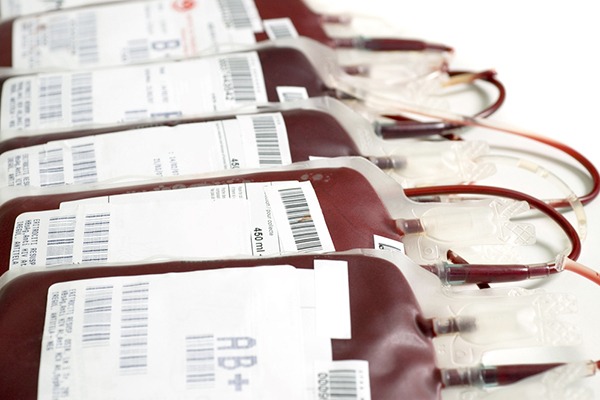
What Athletes Need to Know about Wellness and Anti-Aging Clinics
There are an increasing number of health clinics that advertise to be anti-aging or wellness clinics. How do these affect anti-doping rules?

Food-First Nutrition: Grilling Tips from an Olympian
In the Food-First Nutrition series, elite athletes share how they maintain the strength & energy they need to compete at the highest levels of sport through a food-first approach. In this edition, World Champion Andrew Gemmell shares his favorite grilling tips.

How to Reduce Your Risk from Supplements
If athletes choose to use supplements despite the known risks, USADA recommends that athletes use only dietary supplements that have been certified by a third-party program that tests for substances prohibited in sport. Based on a recent consensus statement, USADA now recognizes NSF Certified for Sport® as the program best suited for athletes to reduce the risk from supplements.

Food-First Nutrition with Meghan Duggan: How to Incorporate Veggies Every Day
In the Food-First Nutrition series, elite athletes share how they maintain the strength & energy they need to compete at the highest levels of sport through a food-first approach. In this edition, gold medalist Meghan Duggan shares her love of vegetables.

Three-Time Paralympian Steve Serio on Innovation in Anti-Doping
Three-time Paralympian Steve Serio talks about how his need for an athletic outlet led him to the Paralympic stage and the evolution in anti-doping.

Blood Doping and EPO: An Anti-Doping FAQ
Blood doping, which may include the use of erythropoietin (EPO), is among the most well-known methods of doping in sport. Learn more about the prohibited method, as well as the prohibited substance EPO, in this anti-doping FAQ.



